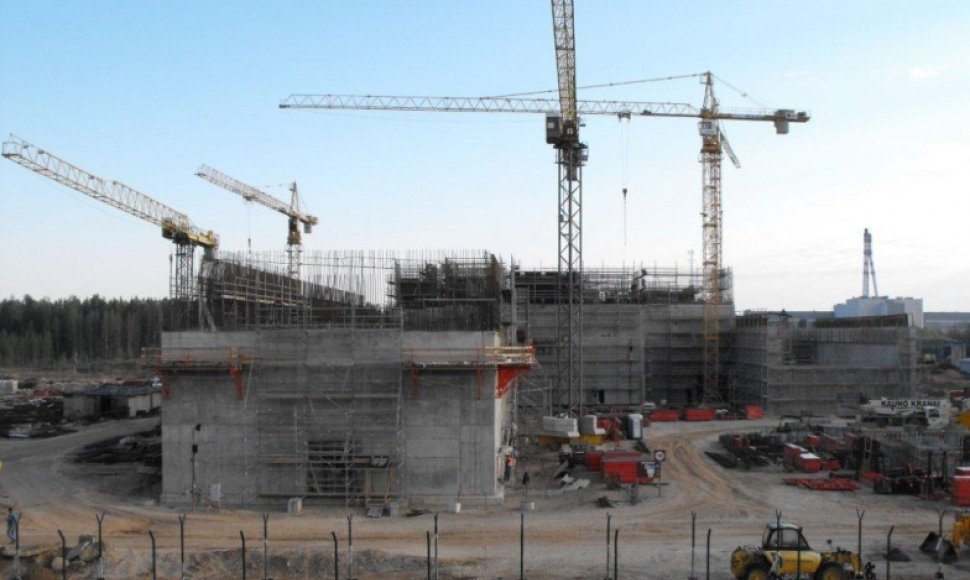They propose that 230 million euros earmarked for the 2014-2017 period be made available to Lithuania only after a settlement is reached.
The European Parliament's Committee on Budgetary Control noted on Monday that Ignalina plant's shutdown and decommissioning "is of an unprecedented nature and represents for Lithuania an exceptional financial burden not commensurate with the size and economic strength of the country," the European Parliament's representation in Lithuania said in a press release on Tuesday.
The committee acknowledged that Lithuania, Bulgaria, and Slovakia have fulfilled their accession treaty commitments to close their reactors in a timely manner. The MEPs insist that the decommissioning should be irreversible.
The EU lawmakers regret that there have been serious delays in carrying out the plant's key closure projects due to technical and commercial disputes, which has caused considerable economic damage.
In their opinion, the financial assistance could be continued until 2020, if needed.
Last December, international donors suspended the funding of one of the closure projects on the grounds that INPP and the consortium of Nukem and GNS had not managed to settle their dispute, going on for more than two years now, on how to carry out the project.
Lithuania and Nukem have until March 31, 2013, to find a solution on how to remove fuel from the plant's reactor number two. If no solutions are found, the European Bank for Reconstruction and Development intends to completely stop financing the contract with the consortium.
The consortium of Nukem Technologies, which is controlled by Russia's energy giant Rosatom, and GNS is implementing multi-billion-litas decommissioning projects at the Ignalina plant, which are running years behind schedule. The companies are building a solid radioactive waste storage facility complex and an interim spent fuel storage facility, initially estimated to cost 123 million euros and 193 million euros, respectively.












